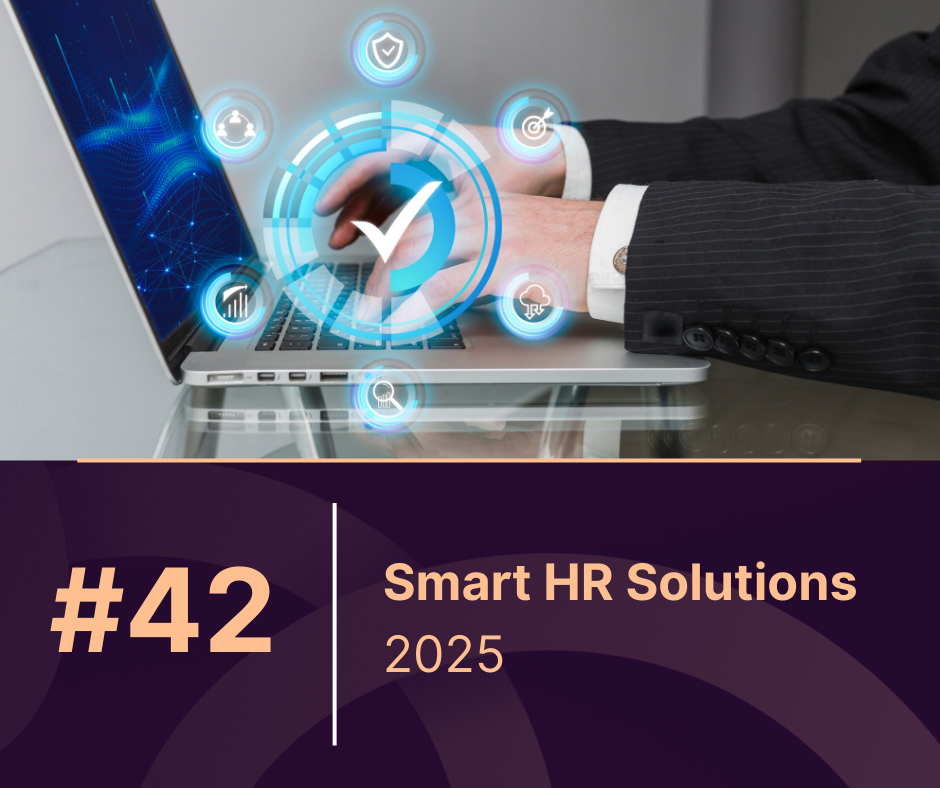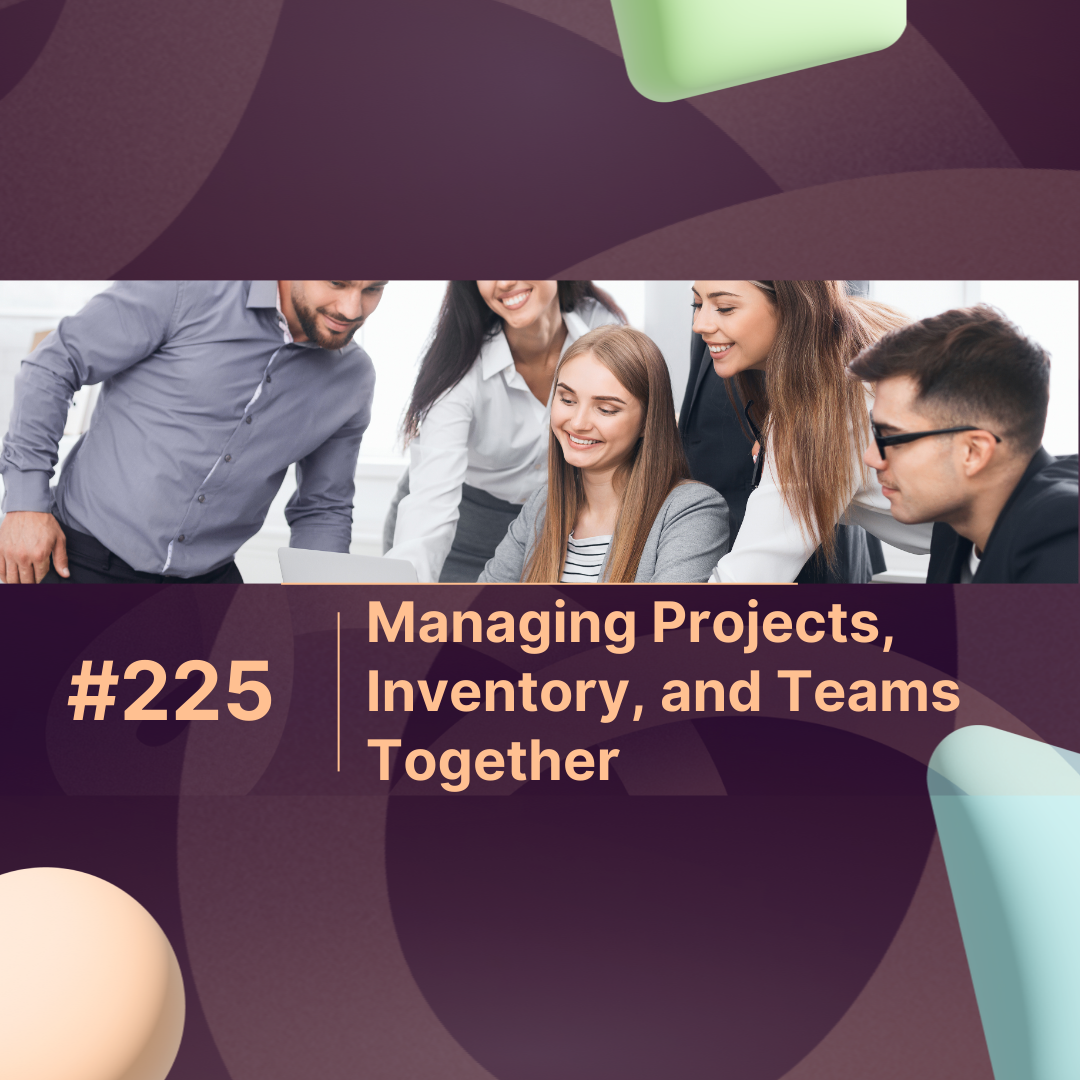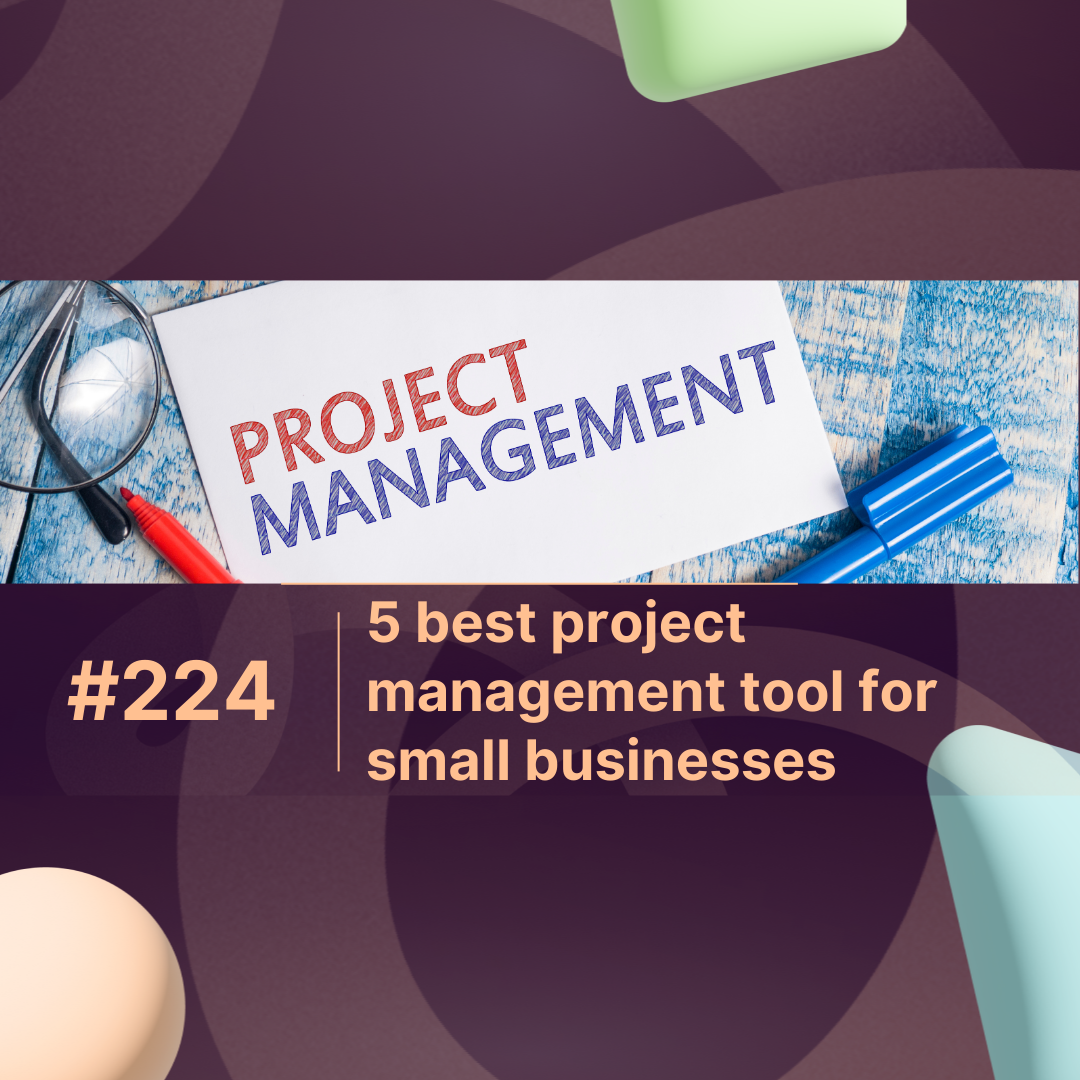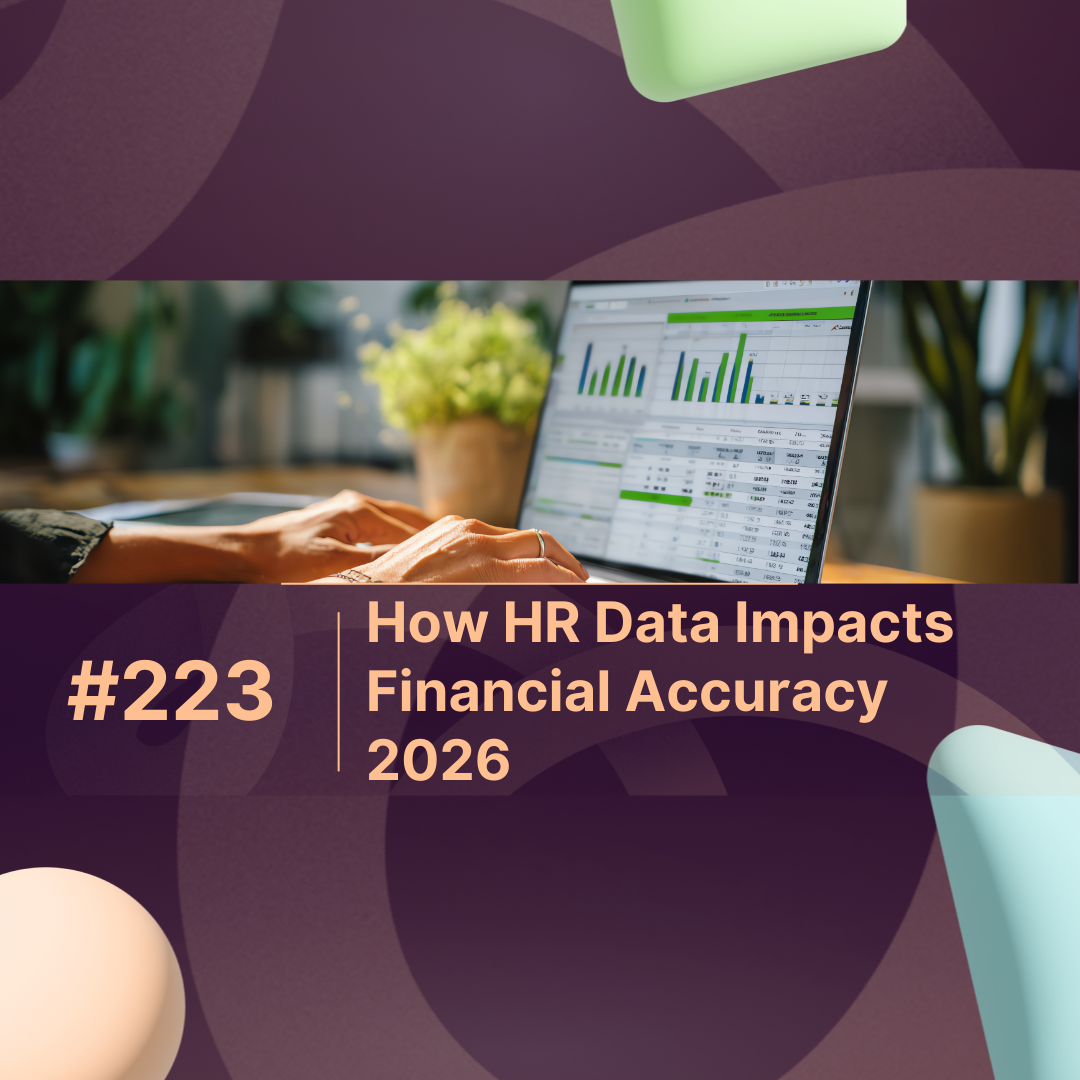In the dynamic business landscape of 2025, the realm of human resource management has experienced remarkable transformation, primarily driven by advancements in technology. What was once a department focused solely on hiring, firing, and managing employee benefits has now evolved into a sophisticated, data-driven powerhouse. The catalyst behind this shift? Smart HR solutions.
HR solutions leverage cutting-edge technologies such as artificial intelligence (AI), machine learning (ML), and automation to enhance decision-making, streamline processes, and improve employee experiences. The evolution of these tools has allowed HR departments to become more strategic, driving business outcomes while fostering a more engaged and productive workforce. As we explore the evolution of HR solutions in 2025, it becomes clear that these systems have redefined the future of work.
The Origins of Smart HR Solutions
To fully understand the evolution of HR solutions, it’s important to trace their roots. HR technology first gained significant traction in the early 2000s with the advent of human resource management systems (HRMS). These systems centralized employee data, allowing HR teams to manage payroll, benefits, and performance appraisals more efficiently. However, these early systems were largely transactional and lacked the analytical power to provide insights into employee behavior and organizational trends.
The introduction of cloud computing in the 2010s further revolutionized HR technology, enabling businesses to access real-time data from anywhere. This laid the groundwork for the development of more advanced solutions that could analyze data and generate meaningful insights. By the mid-2010s, HR tech had expanded to include talent management systems, applicant tracking systems (ATS), and employee engagement platforms.
2025: The Year of Smart HR Solutions
Fast forward to 2025, and we are now witnessing the full potential of Smart HR solutions. These platforms have transcended their original functions and evolved into intelligent systems that play a crucial role in organizational strategy. Some key features of Smart HR solutions in 2025 include:
1. AI-Powered Recruitment
Smart HR solutions are revolutionizing recruitment by using AI and machine learning to automate time-consuming tasks like candidate sourcing, resume screening, and interview scheduling. In 2025, these systems are more refined than ever, leveraging data from thousands of sources to find the perfect match for a role. This not only speeds up the hiring process but also eliminates bias, resulting in more diverse and inclusive workforces.
2. Personalized Employee Experience
One of the standout features of Smart HR solutions in 2025 is their ability to personalize the employee experience. Using data analytics and AI, these platforms can tailor onboarding processes, learning and development opportunities, and even wellness programs to meet the unique needs of individual employees. This customization enhances job satisfaction, leading to higher retention rates and increased productivity.
3. Predictive Analytics
Another game-changer for Smart HR solutions is predictive analytics. In 2025, HR departments can use these tools to anticipate employee turnover, identify high-potential candidates for promotion, and even detect early signs of burnout. By analyzing data from employee performance reviews, engagement surveys, and other touchpoints, HR professionals can make proactive decisions that benefit both the organization and its employees.
4. Continuous Performance Management
Traditional performance appraisals, often conducted annually or biannually, are becoming a thing of the past. Smart HR solutions offer continuous performance management tools that provide real-time feedback, fostering ongoing communication between employees and managers. This allows for more timely recognition of achievements, quick course corrections, and overall better alignment with organizational goals.
5. Integration with Other Business Systems
In 2025, Smart HR solutions are designed to integrate seamlessly with other business systems, such as customer relationship management (CRM) platforms and project management tools. This interconnectedness ensures that HR data is not siloed but instead contributes to broader business strategies. For example, insights from HR data can help inform marketing strategies or support business expansion plans by identifying talent gaps.
The Benefits of Smart HR Solutions in 2025
The evolution of Smart HR solutions has brought about several tangible benefits for organizations, including:
- Increased Efficiency: Automation of repetitive tasks like payroll, benefits administration, and recruitment allows HR teams to focus on more strategic initiatives.
- Enhanced Decision-Making: Data-driven insights empower HR professionals to make more informed decisions, from hiring the right talent to improving employee engagement.
- Improved Employee Retention: By personalizing the employee experience and offering continuous performance management, Smart HR solutions foster a more engaged workforce, reducing turnover.
- Greater Agility: With the ability to quickly adapt to changing business needs, Smart HR solutions allow organizations to stay competitive in an increasingly fast-paced environment.
- Compliance and Risk Management: Smart HR systems in 2025 come equipped with tools to help ensure compliance with ever-changing labor laws and regulations, reducing the risk of costly penalties.
Challenges to Overcome
Despite their many benefits, Smart HR solutions also come with challenges. The complexity of implementation can be a significant hurdle, requiring significant time and resources to ensure the system is integrated effectively. Additionally, ensuring employee buy-in is critical, as these systems require active participation from both HR teams and employees to function at their best.
Looking Ahead: The Future of Smart HR Solutions
As we look to the future, it’s clear that Smart HR solutions will continue to evolve. Innovations in AI, blockchain, and data analytics are likely to further enhance these systems, making them even more integral to organizational success. By embracing these advancements, businesses can create more agile, efficient, and employee-centric HR functions that drive long-term success.
In conclusion, 2025 is the year that solidifies the role of Smart HR solutions as a cornerstone of modern business. These platforms not only simplify HR processes but also provide the tools necessary for creating a more engaged, productive, and agile workforce. As businesses continue to navigate the complexities of the modern work environment, the adoption of Smart HR solutions will be essential for staying competitive and thriving in the years to come.
FAQs
Q1: What are Smart HR Solutions?
A: Smart HR solutions use advanced technologies like AI, machine learning, and automation to optimize HR processes such as recruitment, payroll, employee engagement, and performance management.
Q2: How do Smart HR Solutions improve recruitment?
A: These solutions use AI to automate tasks like candidate sourcing and resume screening, speeding up the recruitment process and reducing unconscious bias in hiring decisions.
Q3: What role does predictive analytics play in Smart HR Solutions?
A: Predictive analytics allows HR departments to forecast employee turnover, identify potential leaders, and address burnout risks before they escalate, enhancing workforce management.
Q4: How can Smart HR Solutions personalize the employee experience?
A: Through AI and data analytics, these systems offer customized learning, onboarding, and wellness programs tailored to individual employee needs, boosting engagement and satisfaction.
Q5: Are there any challenges in implementing Smart HR Solutions?
A: Yes, implementation can be complex, requiring significant time and resources. Additionally, ensuring employee and management buy-in is crucial for the system’s success.
Q6: What can we expect for the future of Smart HR Solutions?
A: The future of Smart HR solutions will likely include further advancements in AI, blockchain, and data analytics, making them even more powerful tools for optimizing HR functions and driving business success.



